




The 2030 Agenda for Sustainable Development (the 2030 Agenda) is a set of international development goals from 2016 to 2030, which was adopted by the UN Sustainable Development Summit held in September 2015, building on the success of the Millennium Development Goals (MDGs).
The 2030 Agenda listed Sustainable Development Goals (SDGs) consisting of 17 goals and 169 targets in order to eradicate poverty and realize a sustainable world. The SDGs are universal goals applicable not only to developing countries but also to developed countries, and pledge to “Leave no one behind” through the implementation process. Japan makes utmost efforts to implement the 2030 Agenda with the international community based on the concept of human security.
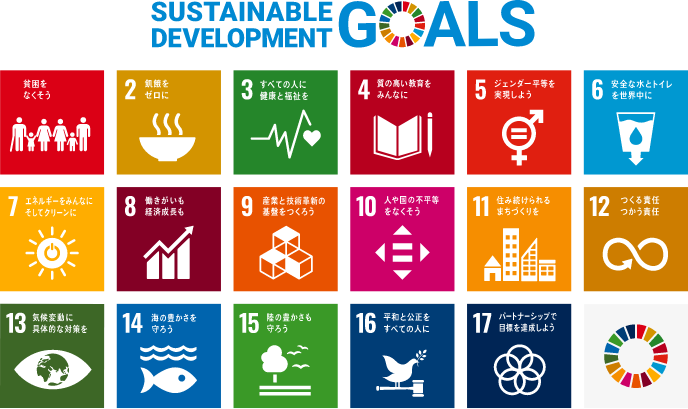

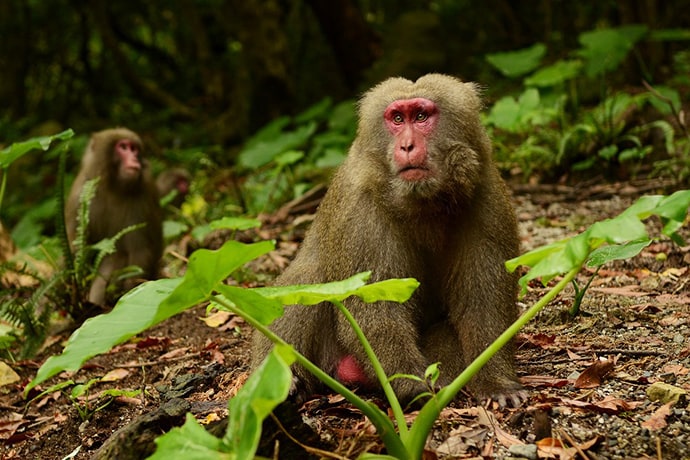
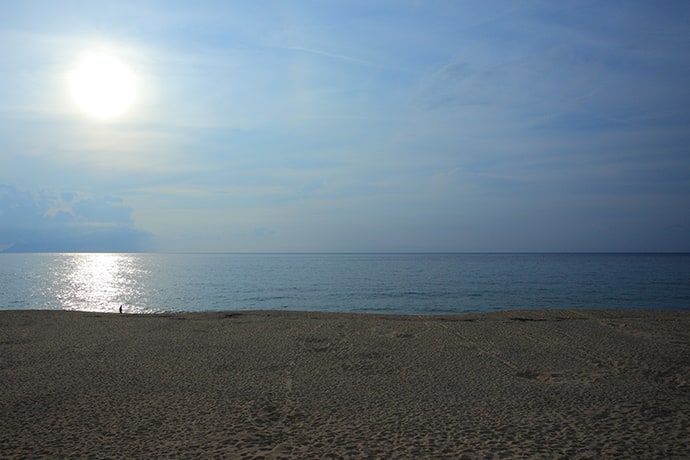
The “For Yakushima” Declaration is a statement of our commitment to living in harmony with the rich nature of Yakushima, which is home to a natural World Heritage site. We place great importance on our responsibility to care for the island’s natural environment, and have established the Sankara Fund as part of these efforts.
Moving forward, all of us at Sankara Hotel & Spa Yakushima will continue to engage in wide-ranging activities to protect and foster the nature and communities that call Yakushima home.








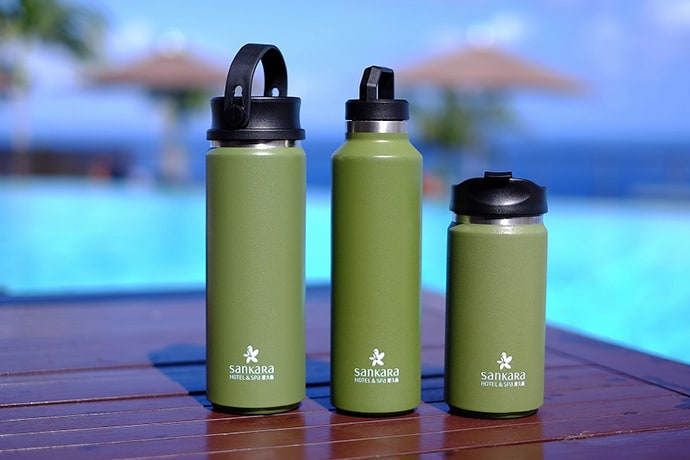
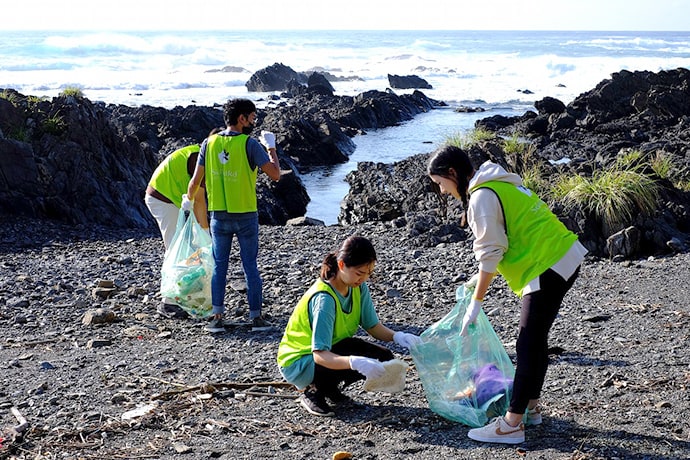
Our team established Team Zero Waste Sankara as a new pillar of our continued efforts to be a more sustainable, environmentally-friendly hotel.
Striving to protect the beautiful nature found in and around Yakushima’s forests, beaches and towns, Team Zero Waste Sankara’s previous action plans have included:





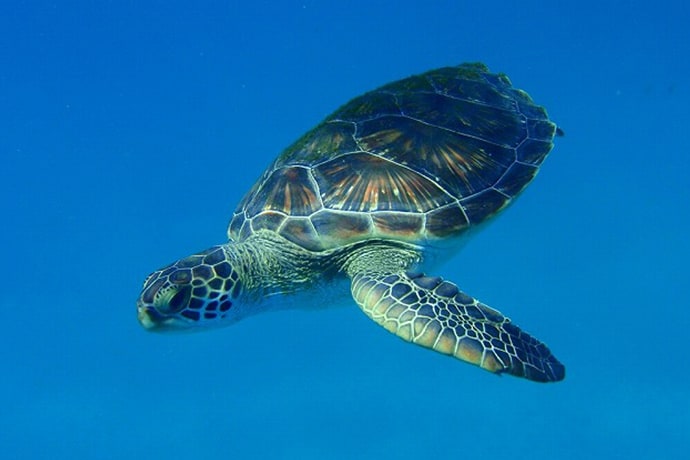
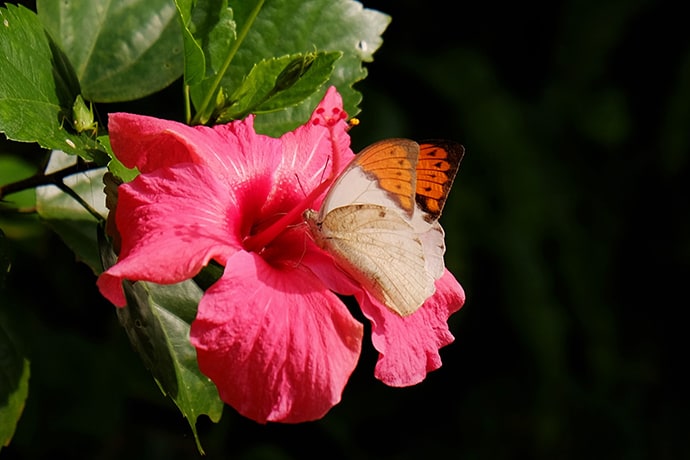
When we opened our doors in 2010, we also established the Sankara Fund as part of our efforts to protect the abundant nature of Yakushima. Every visitor we welcome contributes 500 yen per stay to this fund.
Some examples of projects we have donated to through the Sankara Fund are listed below.

Yakushima is an important egg-laying site for sea turtles in the North Pacific. In line with our commitment to preserving the natural environment of Yakushima and its surroundings, we support the Sea Turtle Fund, which is run by the Yakushima Umigame-Kan NPO. This fund carries out ecological surveys, research, and habitat conservation work for the protection of sea turtles. Through our donations to the Sea Turtle Fund, we are helping to foster a safe nesting environment for these turtles.

The Jisugi Cedar Project promotes forest regeneration, the creation of safer living environments and industrial cycles, and the revitalization of Yakushima and its forests.
Unmanaged forests can contribute to landslides, and this project creates a virtuous cycle whereby these forests are thinned and the wood obtained from this work is put to practical use. In one of the first examples of this work, jisugi cedar was used to make bus stops in the Nagamine area.

We support and contribute to the Sacred Garlic Pear Tree Propagation Project. This project fosters the propagation of sacred garlic pear trees, which provide food for great orange-tip butterflies, and is engaged in the planting of nectar-producing flowers with the aim of creating a sustainable, vibrant, rich, natural landscape and living environment. Changes in the butterfly population are used as a key indicator of the project’s progress.

We hold open days and workshops for local students from Yakushima High School. This forms part of our work with local communities aimed at exploring ways to revitalize tourism in Yakushima, covering areas such as the direction of the island’s tourism industry, customer service and dining etiquette seminars.





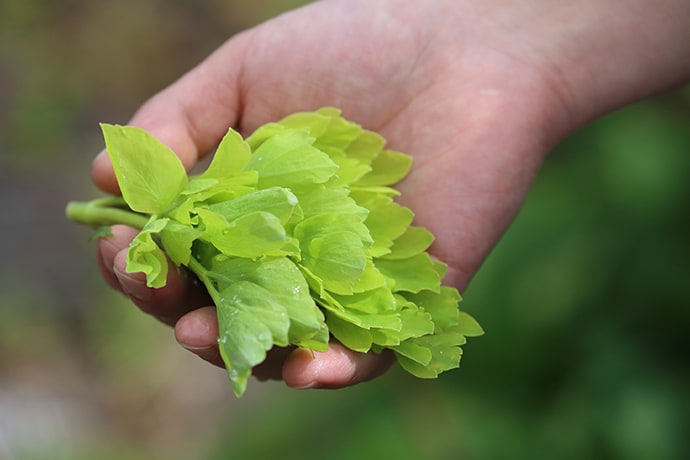
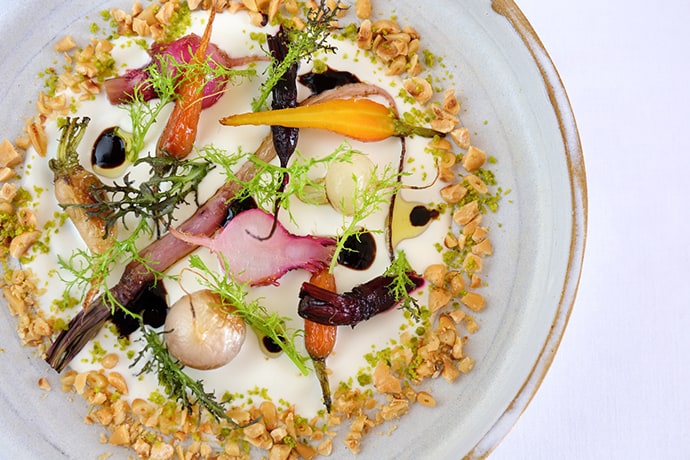
Local production for local consumption is our most treasured concept.
We place great importance on our relationships with local farmers and seafood suppliers. Our chefs are passionate about the ingredients we use, and personally travel to learn more about their unique qualities first hand, searching for the finest products and seeking out culinary inspiration.
We also supply our compostable waste to local poultry farmers, ensuring it is put to productive use as fertilizer.



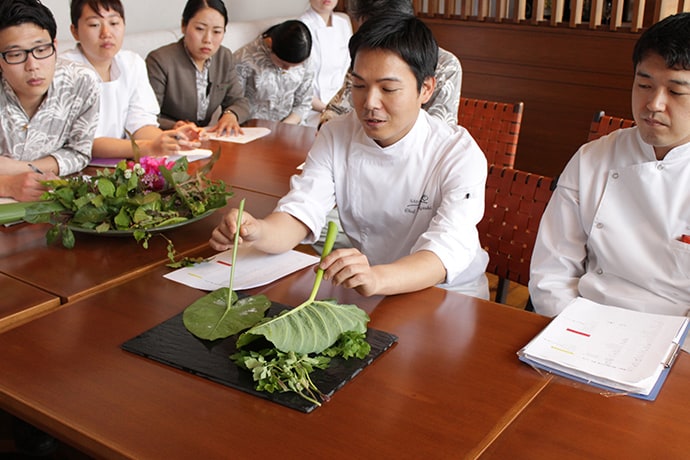
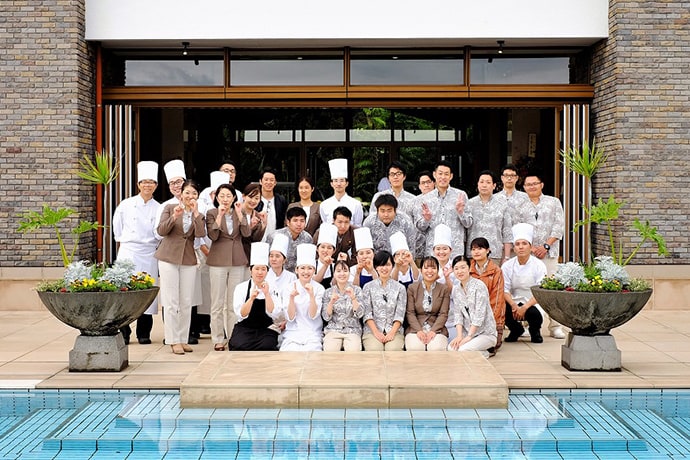
Our team is made up of people from a wide range of backgrounds, employed without discrimination based on characteristics such as nationality and gender, and we build lasting relationships by creating a welcoming environment for all.
We also actively accept internships, help our team to acquire new skills through initiatives such as financial support for the acquisition of professional qualifications, and hold in-house seminars such as sommelier classes and lessons on wild plants led by our chefs.


